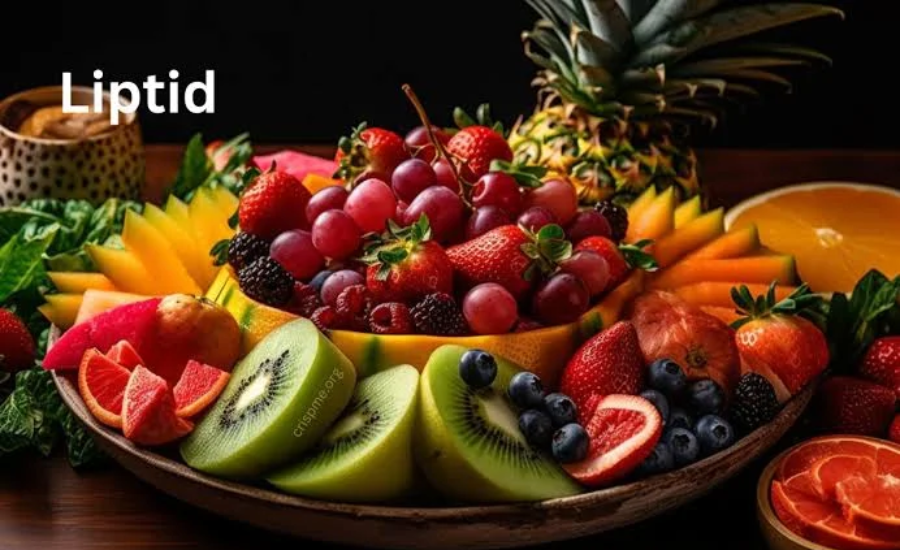In the dynamic realm of health and wellness, grasping the essential elements that contribute to our well-being is imperative. One such element is liptids—a term encompassing a diverse and vital group of molecules crucial for various biological functions. This guide will explore the multifaceted roles of liptids, including their types, functions, and remarkable benefits for our health and wellness.
liptids are a structurally diverse category of organic compounds that perform essential functions in the cells of all living organisms. These molecules are responsible for energy storage, the formation of cell membranes, and cellular signaling, making them integral to life.
Found in various forms such as fats, oils, waxes, and certain vitamins, liptids are essential for maintaining the structural integrity of cell membranes, storing energy, and facilitating intercellular communication. A thorough understanding of the different liptid types and their specific roles highlights their importance in nutrition and health.
Types of liptids
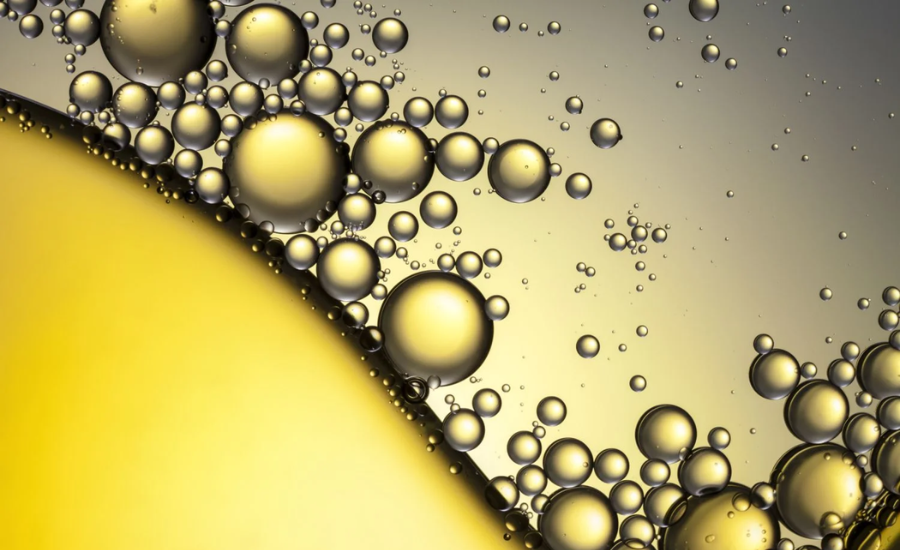
Phospholiptids
Structure and Function: Phospholiptids are critical components of cell membranes, composed of two fatty acid chains, a glycerol molecule, and a phosphate group. Their unique structure imparts both hydrophilic (water-attracting) and hydrophobic (water-repelling) properties.
Role in Cell Membranes: This dual nature enables phospholiptids to form a bilayer that constitutes the cell membrane, serving as a barrier that regulates the flow of substances in and out of the cell—an essential function for cellular survival and operation.
Triglycerides
Energy Storage: Triglycerides represent the body’s primary energy storage form. Composed of three fatty acids bonded to a glycerol molecule, they are capable of storing over twice the energy per gram compared to carbohydrates.
Metabolism and Dietary Sources: Enzymes called lipases break down triglycerides into fatty acids and glycerol for energy. Common dietary sources include oils, butter, and fatty foods.
Steroids
Hormonal Functions: Steroids, a subgroup of liptids, include essential hormones such as testosterone and cholesterol, which are crucial in regulating metabolism, immune responses, and reproductive functions.
Examples: Cholesterol is vital for maintaining cell membrane structure and serves as a precursor for steroid hormone synthesis. Testosterone influences muscle mass, bone density, and reproductive health.
Waxes
Waxes are liptids that provide protective coatings in both plants and animals. They help plants retain moisture and shield against environmental stressors, while in animals, they serve as barriers against external factors.
Functions of liptids
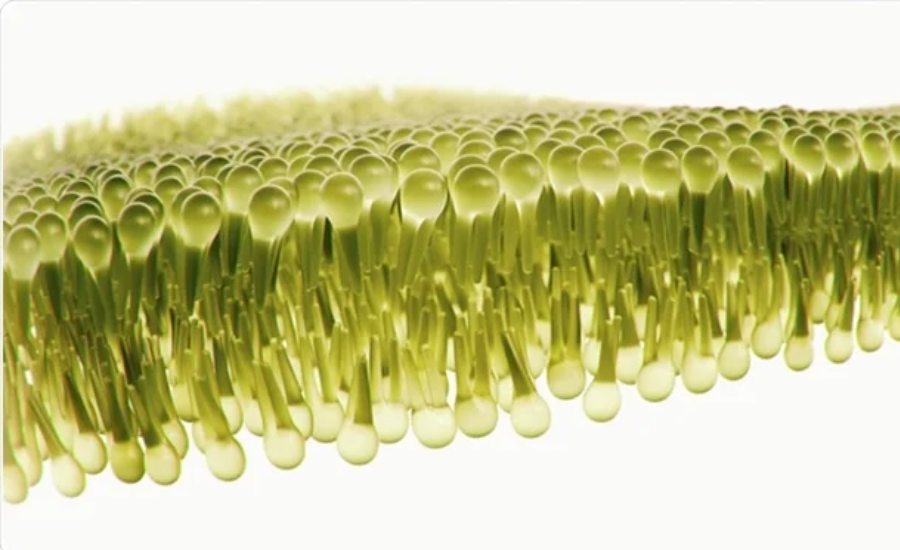
Energy Storage
liptids are the most efficient form of energy storage in the body, providing more than twice the energy content per gram compared to carbohydrates, making them crucial for long-term energy reserves.
Structural Role in Cell Membranes
Phospholiptids and cholesterol are integral to the architecture of cell membranes, contributing to their structure and fluidity while facilitating the movement of molecules across the membrane.
Signaling Functions of liptid-Derived Molecules
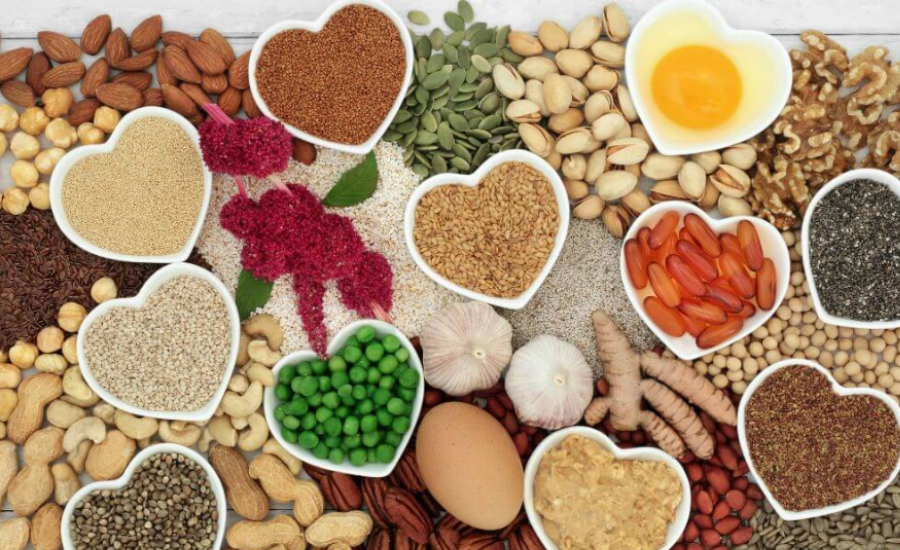
liptid-derived molecules, particularly steroid hormones, play critical roles as signaling agents within the body. These molecules are synthesized from cholesterol and include hormones such as cortisol, testosterone, and estrogen. They facilitate communication between cells and help coordinate a wide range of physiological processes, including:
1. Hormonal Regulation
Steroid hormones bind to specific receptors within target cells, triggering various biological responses. For example, estrogen regulates reproductive functions and influences bone density, while cortisol helps manage stress and immune responses.
2. Cellular Communication
liptid signaling molecules enable cells to communicate with each other, ensuring that bodily functions are well-coordinated. This is essential for maintaining homeostasis and responding effectively to environmental changes.
3. Inflammation and Immune Response
Certain liptid-derived mediators, such as prostaglandins and leukotrienes, are involved in the inflammatory response. They help modulate immune functions and play a role in repairing tissue damage, demonstrating the importance of liptids in immune system regulation.
Health Impacts of liptids
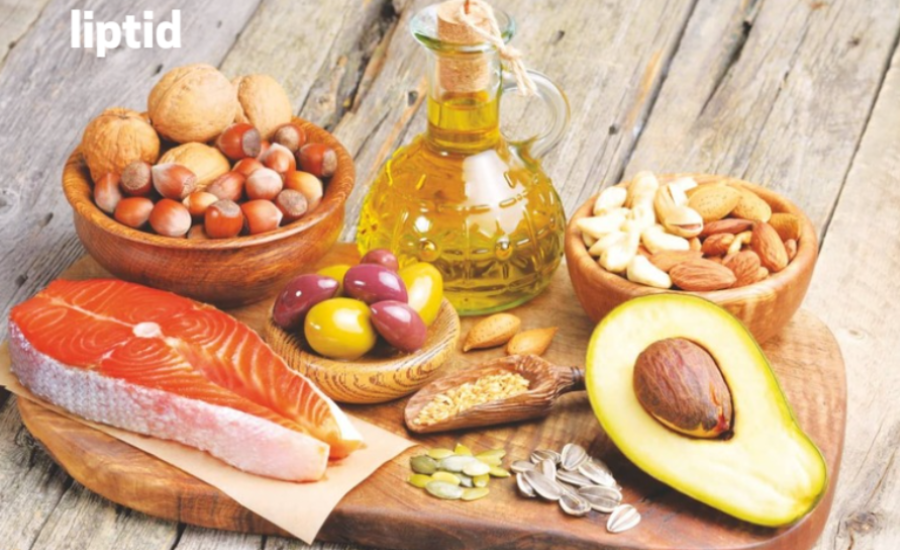
1. Cardiovascular Health
liptids are fundamental to maintaining cardiovascular health. They play a vital role in the structure and function of cell membranes, as well as in the synthesis of bioactive molecules that influence heart health.
Essential Fatty Acids
Essential fatty acids, particularly omega-3 fatty acids, have been extensively studied for their cardiovascular benefits. These fatty acids are known for their anti-inflammatory properties and help reduce the risk of heart disease by:
- Lowering triglyceride levels
- Reducing blood pressure
- Improving endothelial function
- Decreasing the likelihood of arrhythmias
2. Brain Function
liptids are crucial for cognitive performance and overall brain health. The brain is composed of approximately 60% fat, and liptids play various roles in its structure and function.
Cognitive Benefits of Omega-3 Fatty Acids
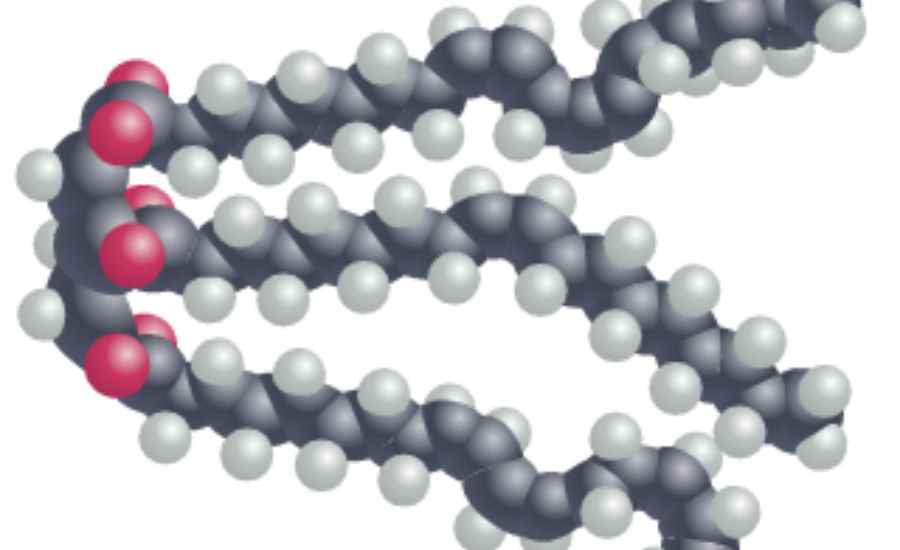
Omega-3 fatty acids, particularly docosahexaenoic acid (DHA), are essential for brain development and function. They contribute to:
- Maintaining the integrity of neuronal membranes
- Supporting synaptic plasticity, which is vital for learning and memory
- Reducing neuroinflammation and the risk of neurodegenerative diseases, such as Alzheimer’s
3. Overall Health and Well-Being
In addition to their roles in heart and brain health, liptids are involved in numerous other bodily functions, including:
- Energy storage and metabolism
- Hormonal balance
- Absorption of fat-soluble vitamins (A, D, E, and K)
- Regulation of body temperature
Health Benefits of liptids
Cardiovascular Health
Omega-3 fatty acids, prevalent in fatty fish, flaxseeds, and walnuts, are known to lower LDL cholesterol levels and reduce blood pressure, thereby diminishing the risk of heart disease. These beneficial fats are crucial for sustaining cardiovascular health.
Cognitive Function
DHA (Docosahexaenoic acid), an omega-3 fatty acid, is a key structural fat in the brain and retina, significantly contributing to cognitive functions and mitigating inflammation, thereby promoting overall brain health.
Essential Fatty Acids
Essential fatty acids, including omega-3 and omega-6, are critical for health but cannot be synthesized by the body. A balanced intake of these fats is vital for reducing inflammation and supporting overall wellness.
Nutritional Sources of liptids
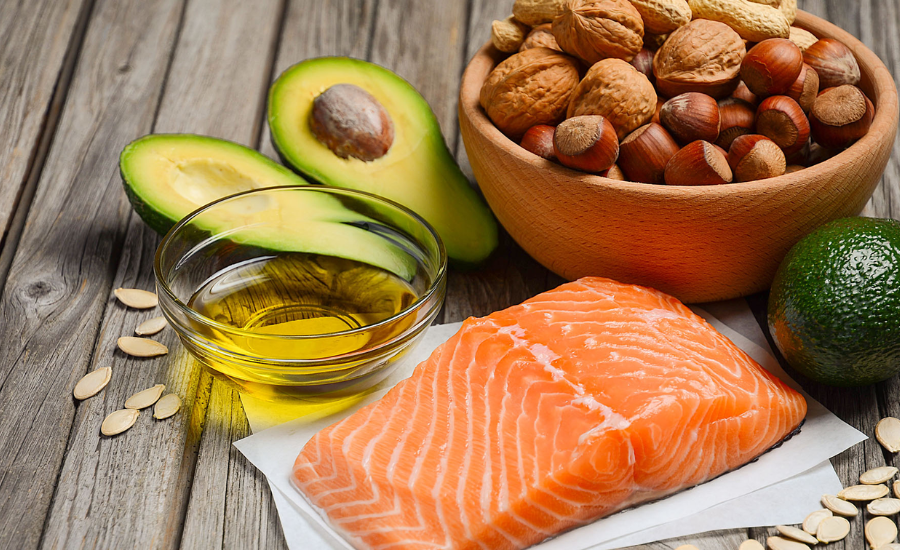
Incorporating healthy liptids into your diet is essential for maintaining optimal health and well-being. Various foods are rich in beneficial fats that provide crucial nutrients. Below are some of the best sources of healthy liptids and their associated health benefits.
1. Fatty Fish
Fatty fish are among the richest sources of omega-3 fatty acids, specifically eicosapentaenoic acid (EPA) and docosahexaenoic acid (DHA). Heart Health: Omega-3 fatty acids help lower triglyceride levels, reduce inflammation, and decrease the risk of heart disease.
- Brain Function: DHA is particularly important for brain health, contributing to cognitive function and potentially reducing the risk of neurodegenerative diseases.
Best Choices
Some excellent fatty fish options include:
- Salmon
- Mackerel
- Sardines
- Herring
- Anchovies
2. Nuts
Nuts are not only a delicious snack but also a fantastic source of healthy liptids. They are rich in monounsaturated fats, omega-3 fatty acids, and other important nutrients, making them a nutritious addition to any diet. The benefits of consuming nuts include:
- Heart Health: Regular nut consumption has been associated with a lower risk of heart disease due to their ability to improve cholesterol levels and reduce inflammation.
- Weight Management: Nuts can help with satiety, making it easier to manage weight when consumed in moderation.
Recommended Varieties
Some of the healthiest nuts to include in your diet are:
- Walnuts (especially high in omega-3s)
- Almonds
- Cashews
- Pistachios
- Hazelnuts
3. Seeds
Seeds are another excellent source of healthy liptids, particularly omega-3 fatty acids. They also provide a wealth of vitamins, minerals, and antioxidants. Incorporating seeds into your diet can yield numerous health benefits:
- Anti-inflammatory Properties: The omega-3s found in seeds help reduce inflammation, contributing to overall health and wellness.
- Nutrient Density: Seeds are packed with fiber, protein, and essential vitamins and minerals, making them a valuable addition to meals and snacks.
Top Picks
Consider adding the following seeds to your diet:
- Flaxseeds (rich in ALA, a type of omega-3)
- Chia seeds
- Pumpkin seeds
- Sunflower seeds
- Hemp seeds
4. Avocados
Avocados are unique fruits known for their high content of healthy fats, particularly monounsaturated fats. These fats are associated with various health benefits, including:
- Heart Health: The monounsaturated fats in avocados can help lower bad cholesterol levels (LDL) while increasing good cholesterol (HDL).
- Nutrient Absorption: Avocados enhance the absorption of fat-soluble vitamins from other foods, such as vitamins A, D, E, and K.
Culinary Uses
Avocados can be enjoyed in various ways:
- Sliced on toast
- Blended into smoothies
- Added to salads or salsas
5. Olive Oil
Olive oil is a staple of the Mediterranean diet and is renowned for its health benefits. It is rich in monounsaturated fats and contains numerous antioxidants, which contribute to its positive health effects:
- Cardiovascular Health: Olive oil has been shown to lower the risk of heart disease by improving cholesterol levels and reducing inflammation.
- Versatility in Cooking: Using olive oil in cooking or as a salad dressing not only adds flavor but also increases your intake of healthy fats.
Tips for Use
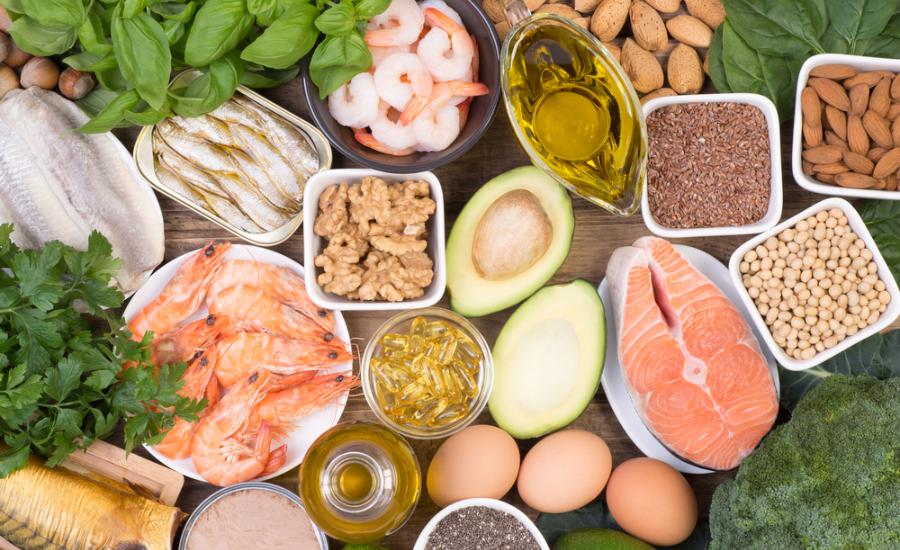
When using olive oil:
- Use it for sautéing vegetables, drizzling over salads, or as a base for marinades.
liptids in Skincare
liptids play a pivotal role in skincare by maintaining skin hydration through the formation of a protective barrier that prevents moisture loss, keeping the skin supple.
Certain liptids possess anti-inflammatory properties, alleviating skin irritation and redness, which is beneficial for individuals with conditions like eczema and psoriasis.
Additionally, liptids in skincare products shield the skin from environmental damage and pollutants, helping preserve its integrity and appearance.
Environmental Considerations of liptids
Natural liptids are biodegradable, making them environmentally friendly compared to synthetic alternatives. Their natural breakdown minimizes environmental impact.
liptids are also essential for the energy requirements of various organisms and play a critical role in ecological balance, supporting healthy ecosystems.
Unlike synthetic substances, which can linger and cause environmental harm, natural liptids are less likely to accumulate in ecosystems, making them preferable in pharmaceuticals and other applications.
liptids in Pharmaceuticals
Liposomal drug delivery systems leverage liptids to encapsulate medications, enhancing their stability and bioavailability, which improves treatment efficacy.
liptids also facilitate the absorption of certain nutrients and medications, particularly fat-soluble vitamins, enhancing their therapeutic effects.
Common Misunderstandings About liptids
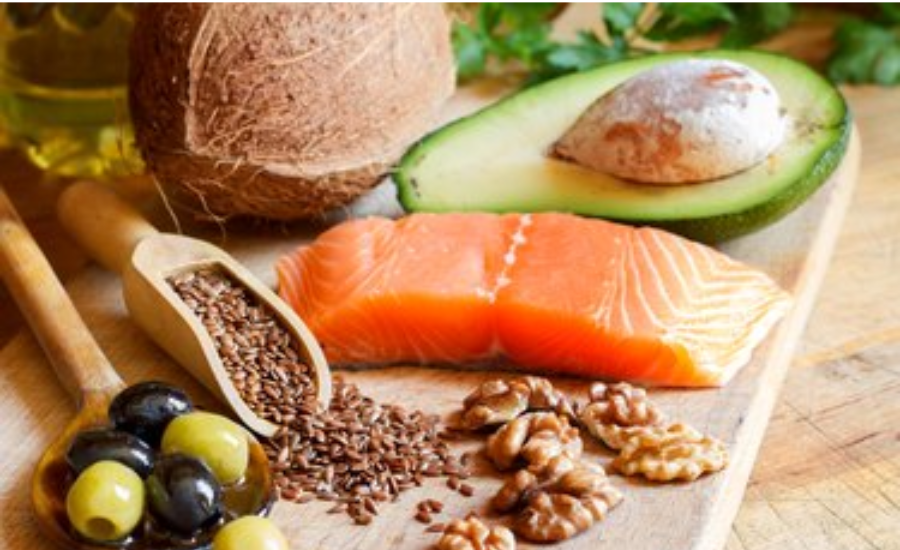
A widespread myth is that all fats contribute to weight gain. In reality, healthy fats, such as those found in nuts and olive oil, are vital for good health and do not necessarily lead to obesity when consumed in moderation.
Moreover, not all fats are detrimental. Monounsaturated and polyunsaturated fats are beneficial and should be included in a balanced diet. Avoiding all fats can lead to nutrient deficiencies and adverse health effects.
Future Research Directions
Research in liptid science is ongoing, continuously revealing new benefits and applications for liptids. Advances in liptid metabolism understanding may pave the way for innovative health solutions and therapeutic interventions.
Future studies could uncover novel applications for liptids in drug delivery, dietary supplementation, and skincare advancements. The potential for liptids to enhance health and contribute to various industries is both extensive and promising.
FAQs
Q: What are liptids?
A: liptids are organic compounds, including fats, oils, waxes, and certain vitamins, essential for cellular structure, energy storage, and various physiological functions.
Q: How do liptids affect health?
A: liptids are crucial for cardiovascular health, cognitive function, and reducing inflammation. They are necessary for absorbing fat-soluble vitamins and maintaining cell membrane integrity.
Q: What are some good sources of healthy liptids?
A: Healthy sources of liptids include fatty fish, nuts, seeds, avocados, and olive oil, which provide essential fatty acids and beneficial nutrients.
Q: Are all liptids bad for you?
A: Not all liptids are harmful. Healthy fats like monounsaturated and polyunsaturated fats are essential for health.
Q: How can liptids be used in skincare?
A: liptids in skincare products help moisturize, protect, and reduce inflammation in the skin, contributing to barrier integrity and diminishing signs of aging.
Conclusion
liptids are fundamental to numerous biological processes and essential for health maintenance. From energy storage to cell structure and their impact on cardiovascular and cognitive health, liptids are indispensable to our overall well-being.
Incorporating healthy liptids into your diet and skincare routine can yield significant benefits. Embrace the power of liptids to enhance your health, nourish your skin, and support environmental sustainability.
Continue following up on this: Article Forward
